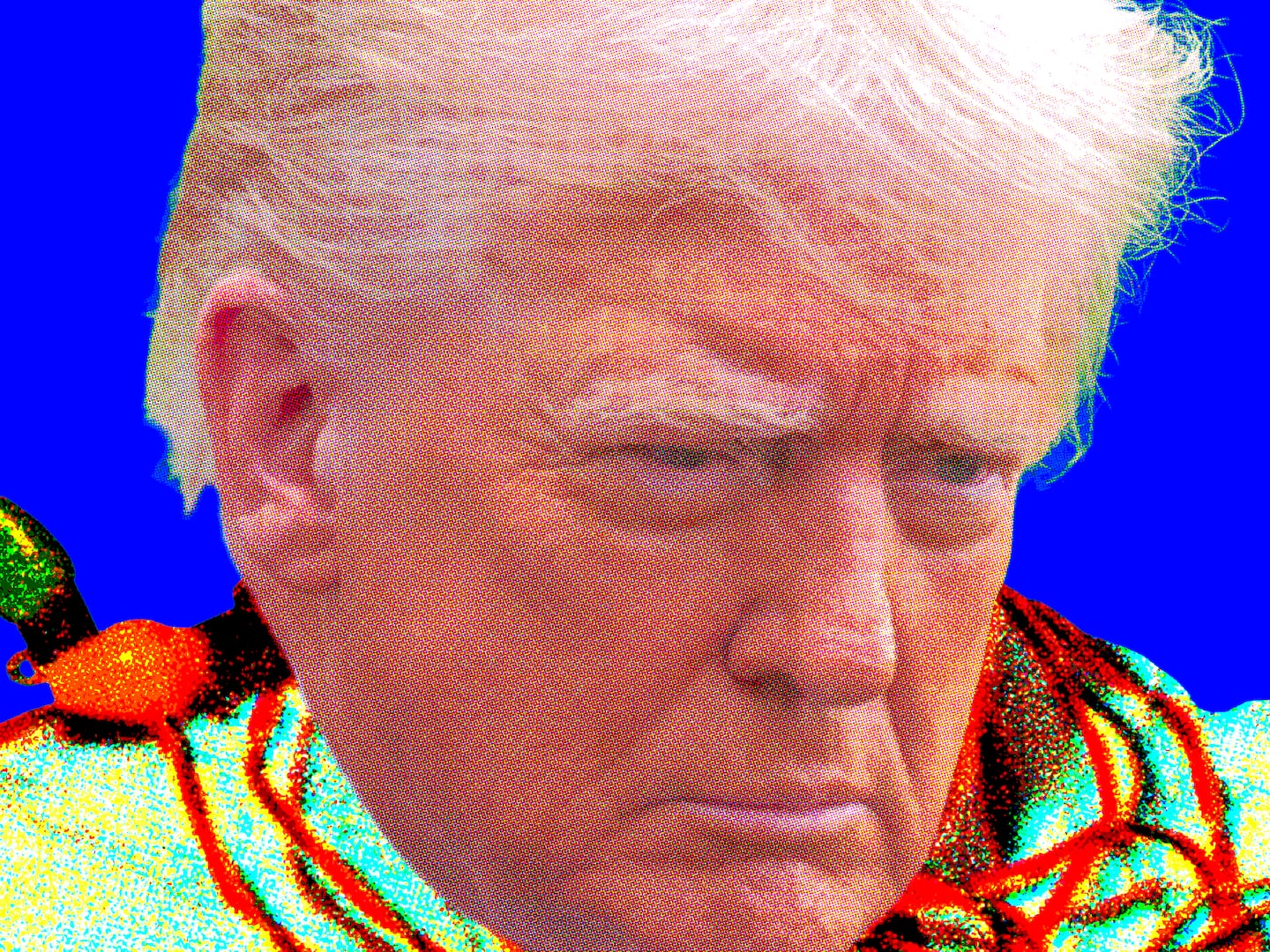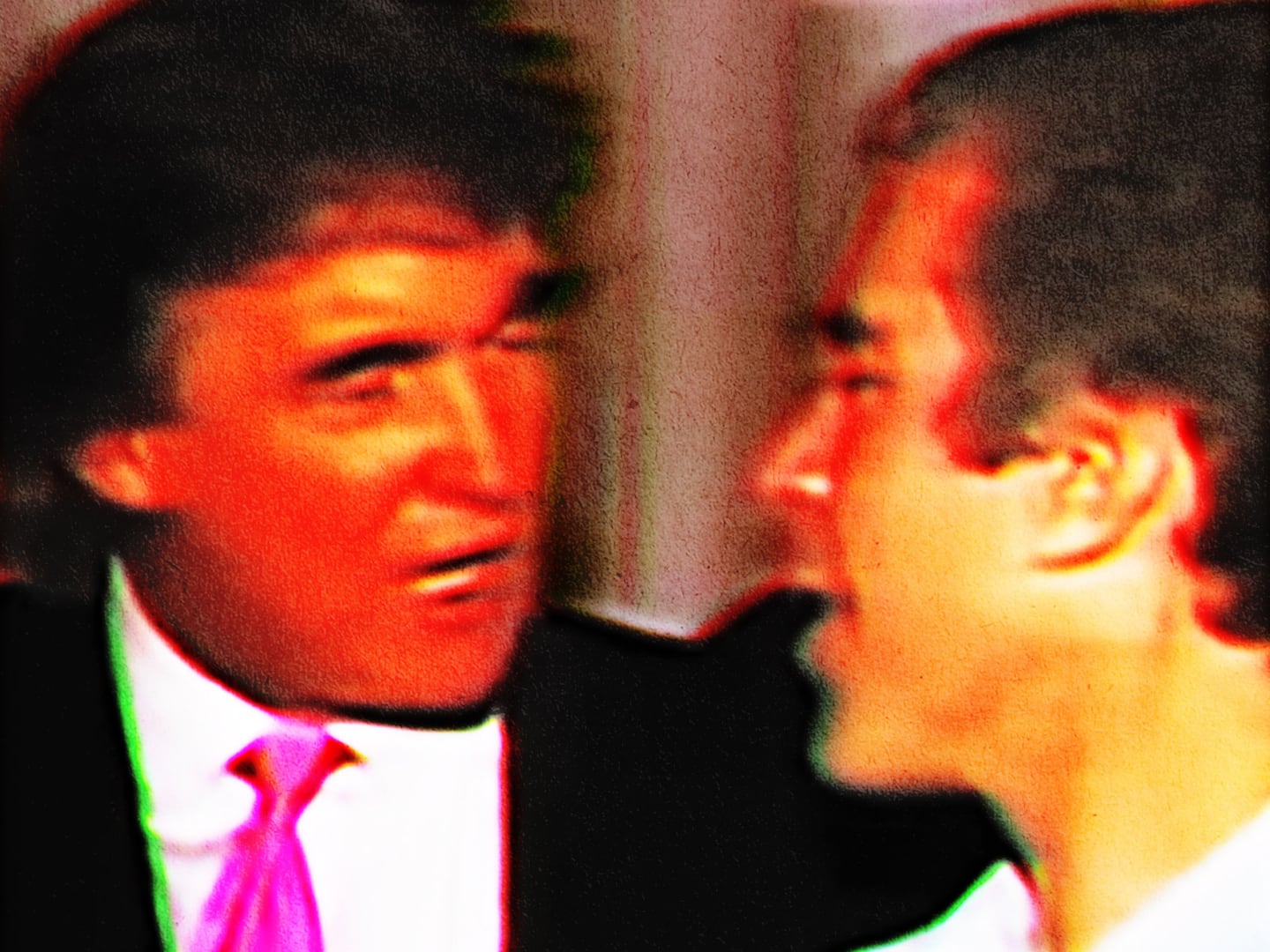“Fuck tha Police” has a rich political history.
Over the decades, the phrase itself has been appropriated by protesters and rioters around the world, including those in Los Angeles, Baltimore, and Ferguson (“Did the protesters use the term ‘Fuck the police?’” Ferguson’s prosecutor actually once asked in court.) The song was also reportedly blasted on loop for two days by a radio station in Belgrade in support of street demonstrators protesting the genocidal Milošević regime in 1996.
When N.W.A’s protest anthem—which includes lines such as, “so police think they have the authority to kill a minority,” and “it’s gonna be a bloodbath of cops dying in LA”—was originally released in 1988, it was provocative enough to attract the anger and attention of the LAPD, various police unions, the FBI, and the Secret Service. “Fuck tha Police” was among the N.W.A. songs banned from radio, public libraries, and retail chains. The Minnesota attorney general wanted to prosecute record stores that sold Straight Outta Compton (the album that includes “Fuck tha Police”) to minors. Politicians, both conservative and liberal, rushed to the nearest mic to denounce the song and the Compton hip-hop group.
And it was the federal government’s response to the song, in particular, that gave an undeniable boost to its popularity and notoriety.
In late 1989, the year after “Fuck tha Police” made its debut, the Federal Bureau of Investigation sent a letter to Priority Records, which distributed N.W.A’s music. The letter, authored by Milt Ahlerich, then the assistant director of the bureau’s office of public affairs, supposedly reflected “the opinion of the entire law enforcement community.”
“Advocating violence and assault is wrong, and we in the law enforcement community take exception to such action,” the letter, which refers to the song without naming it, reads. “Law enforcement officers dedicate their lives to the protection of our citizens, and recordings such as the one from N.W.A. are both discouraging and degrading to these brave, dedicated officers.”
After the letter was made public, the FBI had to publicly clarify that the bureau had no intention of suppressing N.W.A’s art or free expression. Ahlerich—who would soon go on to do things far more worthy of his time and talents, such as investigating child pornography—did the same. “My intent was that those representatives for the licensing, distribution, and publishing of the record should have the benefit of knowing the facts of police violence,” he explained in October 1989.
Still, civil libertarians were not happy.
“It is completely inappropriate for any government agency to try to influence what artists do,” Danny Goldberg, then chairman of the Southern California affiliate of the ACLU, told the Los Angeles Times. “It is completely against the American tradition of free speech and government non-interference for government agencies to criticize art, because such criticism carries with it an implied threat.”
Furthermore, Don Edwards, a Democratic congressman from California whose subcommittee on civil and constitutional rights monitored FBI activity regarding American citizens, stood up for N.W.A’s right to write, rap, and record whatever they damn well chose.
“The FBI should stay out of the business of censorship,” Edwards said. “We’re going to try to find out more about this letter.”
It was an episode of political controversy that Dr. Dre himself has said (in an interview years ago with The Daily Beast’s Michael Daly, who was then writing for Talk magazine) inadvertently helped N.W.A achieve a new level of free publicity.
“It was all kinds of forces against us—it didn’t crack us, break us, turn us into punks,” Ice Cube recently told Billboard. “It didn’t make us bite our tongue. It just made us stand up even more—and that’s powerful.”
This one letter from the FBI changed things. N.W.A wasn’t just rapping about police brutality, cop killing, or racial profiling anymore. It wasn’t just the police unions or outraged pundits coming after them. The feds now had them in their sights. The bureau had it out for them.
Ahlerich would later go on to work as the vice president of security for the NFL, N.W.A members would move on to such career developments as executive-producing their own 2015 biopic and starring in poorly reviewed family comedies, and former congressman Edwards recently celebrated his 100th birthday. (Ahlerich did not respond to The Daily Beast’s request for comment, and Edwards could not be reached for comment.)
As for “Fuck tha Police,” the controversial anthem continues to endure in its bracing relevance and timeliness. “Our people been wanting to say, ‘Fuck the police’ for the longest time,” Ice Cube said in 1989. “If something happened in my neighborhood, the last people we’d call was the police. Our friends get killed; they never find the killer. 387 people were killed in gang activity in LA in 1988. Nothing was said about that. But when this Korean girl got killed in Westwood, a white neighborhood, now it’s a gang problem. As long as [they] was killing each other, there wasn’t nothing said.”






